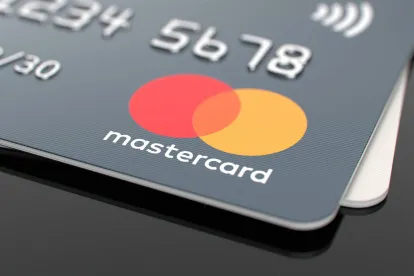On March 6, the CFPB finalized its credit card late fee rule (previously discussed here) aimed at ensuring that late fees charged on consumer credit card accounts are “reasonable and proportional.” The rule amends Regulation Z, which implements the Truth in Lending Act, in the two key ways:
- Lowers the safe harbor amount for late fees. Under current law, TILA permits credit card companies to assess late fees to consumer of $30 for the first missed payment, and $41 for subsequent missed payments. As expected, the rule lowers that safe harbor amount to $8 per each missed payment. Credit card companies seeking to assess late fees in excess of the proposed $8 safe harbor amount would be required to provide proof that the fee amounts are proportional to collection costs. The $8 late fee safe harbor amount only applies to credit card issuers that have 1 million or more open accounts (who, according to the CFPB, constitute the issuers with 95% of total outstanding credit card balances). Smaller card issuers are not affected by these requirements, and are allowed higher safe harbor amounts.
- End automatic annual inflation adjustment. Under TILA, the safe harbor amount is automatically adjusted each year based on annual inflation. The proposed rule would eliminate the automatic inflation adjustment and the CFPB would instead monitor market conditions and propose manual adjustments to the safe harbor amount accordingly. Notably, in a win for industry groups, the final rule does not codify the proposal that late fees must not exceed 25% of the minimum payment. TILA presently allows card issuers to charge late fees of up to 100% of the minimum payment owed by the cardholder. The final rule is effective 60 days after publication in the Federal Register.
Putting It Into Practice: As expected, the rule was immediately challenged in the United States District Court for the Northern District of Texas by trade associations including the U.S. Chamber of Commerce, the Consumer Bankers Association, and the American Bankers Association. Trade groups have found a friendly forum in the Fifth Circuit, and with a constitutional challenge concerning the Bureau’s funding structure pending before the Supreme Court (discussed here), it is likely the district court will stay the rule’s implementation. In the meantime, we will continue to monitor the case for developments.




 />i
/>i
